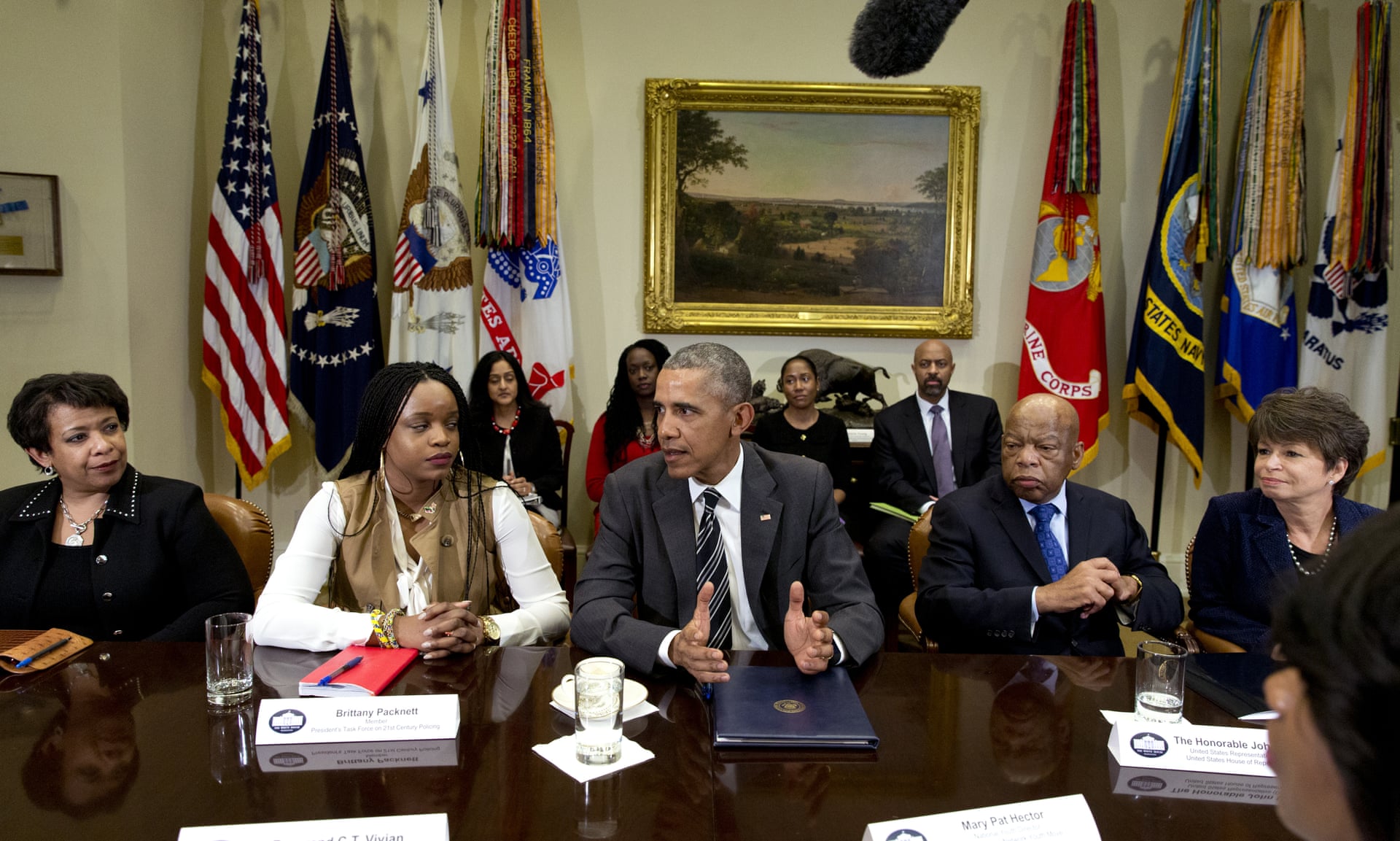Filmmakers Behind ‘Invisible Roots’ on Finding Afro-Mexicans Living in Southern California
Remezcla
2016-02-16
Walter Thompson-Hernández
Los Angeles, California

Photo: NOTIMEX/JAVIER LIRA OTERO
Almost a year before the Mexican government officially acknowledged Afro-Mexicans as a distinct racial and ethnic group, directors Tiffany Walton and Lizz Mullis first began working on their film, Invisible Roots: Afro-Mexicans of Southern California, as a film project while attending the University of Southern California (USC). For Walton, whose grandfather was Afro-Panamanian, the project was deeply connected to her family’s Afro-Latino story, while Mullis was motivated by her interests in broader societal questions about race and identity. But during the early stages of the project both struggled to find subjects for their film. After a number of failed attempts at connecting with Afro-Mexican families in the Los Angeles area, attempts they both called “extensive,” Walton and Mullis were fortuitously connected to a few Afro-Mexican families through academic and professional contacts. The film premiered at the Los Angeles Pan African Film Festival with which the directing duo hopes to shed light on the experiences of a group that continues to garner recognition both in Mexico and in the U.S…
Can you describe what inspired you to make this film?
TW: I’ve always been really interested in African-American history as well as the African diaspora. I remember first learning that my dad’s grandfather had moved from Panama to Alabama to attend college. I felt excited about having a personal connection to another place, an ancestral place, a place outside of the United States, that I could reference and say, “Hey, I have roots there.” With that, I became really curious about Black people who lived in Central America and other Latin American countries. I wanted to know how they identified culturally and racially, I wanted to know what they ate, and what things we would have in common. I was curious about learning how they navigated the world.
I first learned about Afro-Mexicans from a large poster my dad had hanging in his office. The poster was of a photograph called, “Tres Hermanas,” by Tony Gleaton. On this poster were the words, “Africa’s Legacy in Mexico.” That poster spoke volumes to me. So, the poster inspired me to make this film. It touched me in such an intangible, sublime way that made me want to take action. I wanted to know everything about those little girls. What would we have in common? Were they curious about Africa? Would they feel a connection to me? I really just wanted to know how they viewed the world and how the world viewed them and how they felt about what the world thought of them…
Read the entire interview here.







